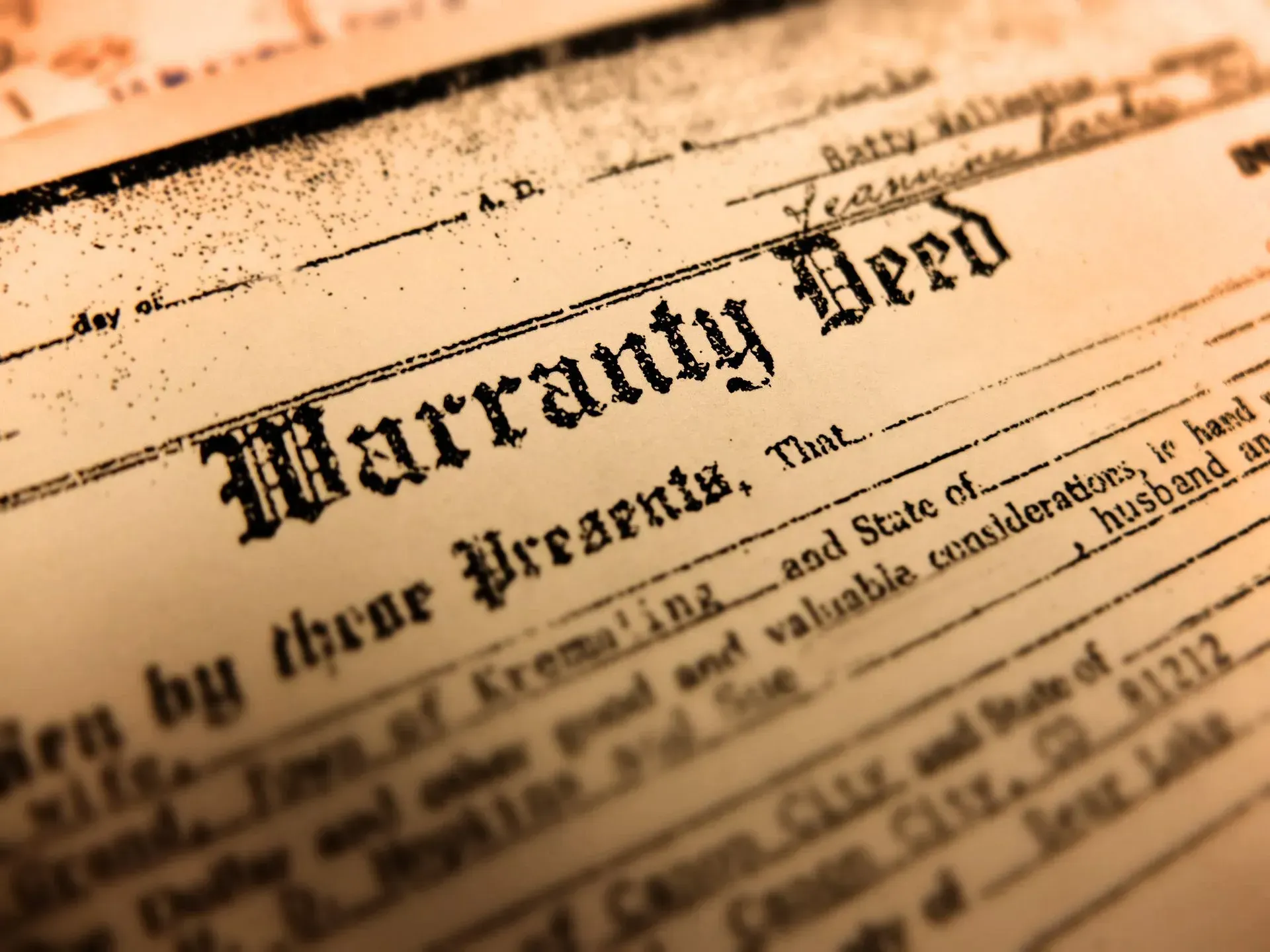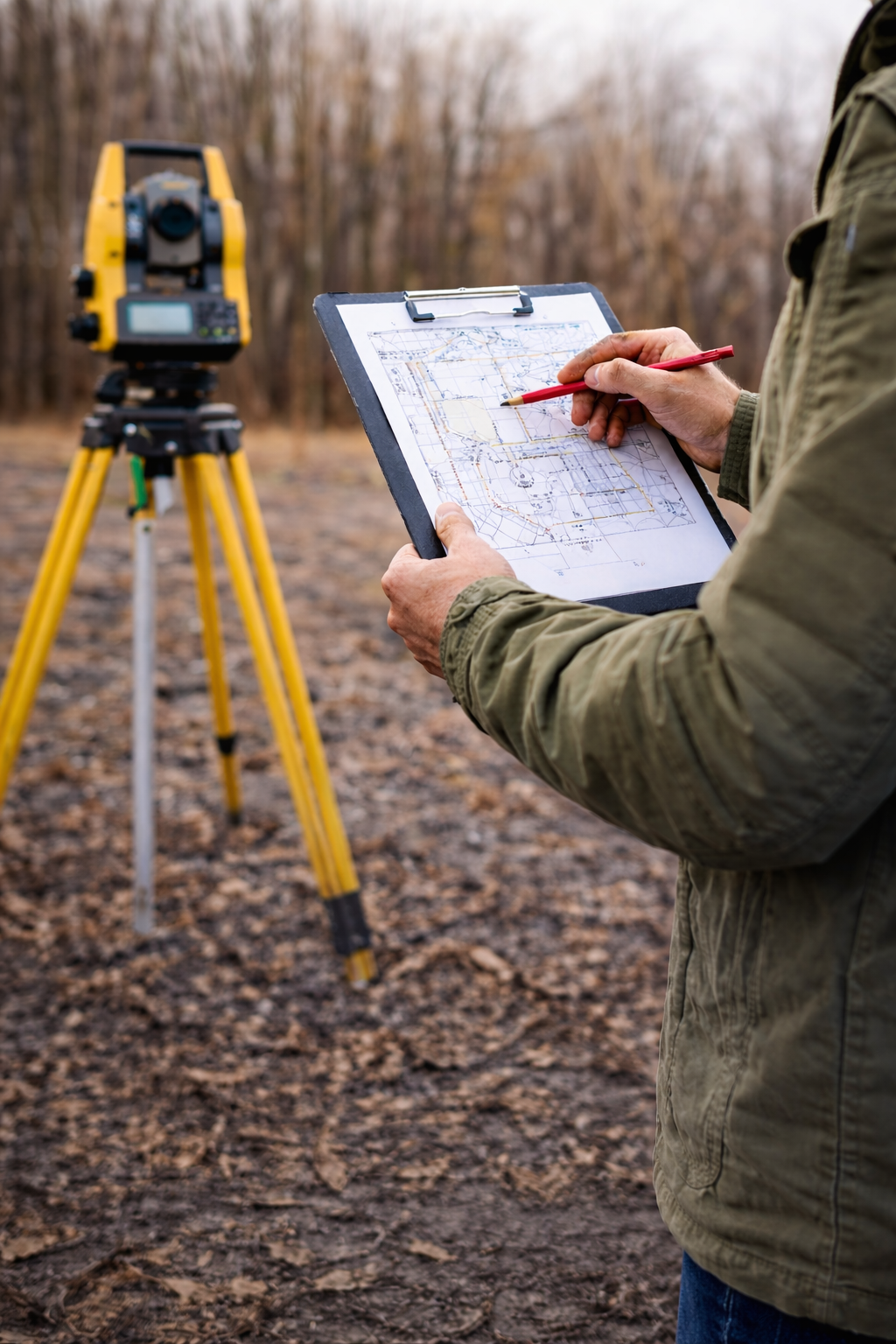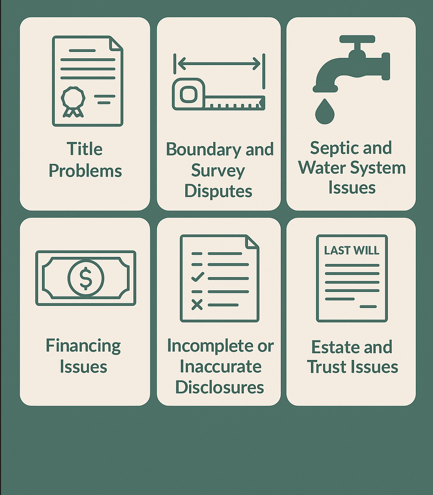A Homebuyer’s Guide to Deeds in Vermont Real Estate Closings

1. Warranty Deed (General Warranty Deed)
This is the most protective type of deed for the buyer. A warranty deed guarantees that the seller holds clear title to the property and has the legal right to sell it. It also includes warranties against any defects in title, even if those defects arose before the seller owned the property.
Key features:
• Seller guarantees good and clear title.
• Seller promises to defend the title against all claims.
A quitclaim deed conveys whatever interest the grantor has in the property, but with no warranties. That means the grantor is not making any promises about whether the title is clear or even if they truly own the property.
Quitclaim deeds are typically used for:
• Transferring property between family members or into a trust or LLC.
• Clearing up title issues (such as correcting a name on a prior deed).
• Transferring property as part of a divorce settlement.
Because there are no guarantees, title insurance is strongly recommended when accepting property via quitclaim deed.
3. Limited Warranty Deed (Special Warranty Deed)
Less common in Vermont, a limited warranty deed includes some guarantees—but only against defects that arose during the time the grantor owned the property. It does not protect the buyer against any earlier issues with title.
These deeds are sometimes used in:
• Commercial transactions.
• Sales by corporate entities or fiduciaries who want to limit liability.
4. Executor’s or Administrator’s Deed
Used when the property is being transferred from a deceased person’s estate. This deed is executed by the executor or administrator of the estate, not the decedent.
Key considerations:
• Usually offered as a limited warranty deed or quitclaim deed.
• Common in probate sales or where a property passes through a will or intestate succession.
5. Trustee’s Deed
When a property is held in a trust and sold or transferred by the trustee, a trustee’s deed is used. This document will typically include limited warranties, if any, and often recites the trustee’s authority under the trust instrument.
Choosing the Right Deed
Each type of deed carries different legal implications and potential risks. If you’re buying, selling, or transferring property in Vermont, it’s essential to understand which type of deed is being used and what it means for your rights.
At Peet Law Group, we guide clients through every step of the closing process—including preparing and reviewing deeds—so they can move forward with peace of mind.
Need help with a Vermont deed or property transfer?
Contact the Peet Law Group today to speak with an experienced real estate attorney. With offices in Williston and White River Junction, we represent clients throughout Vermont in all aspects of residential and commercial real estate law.










